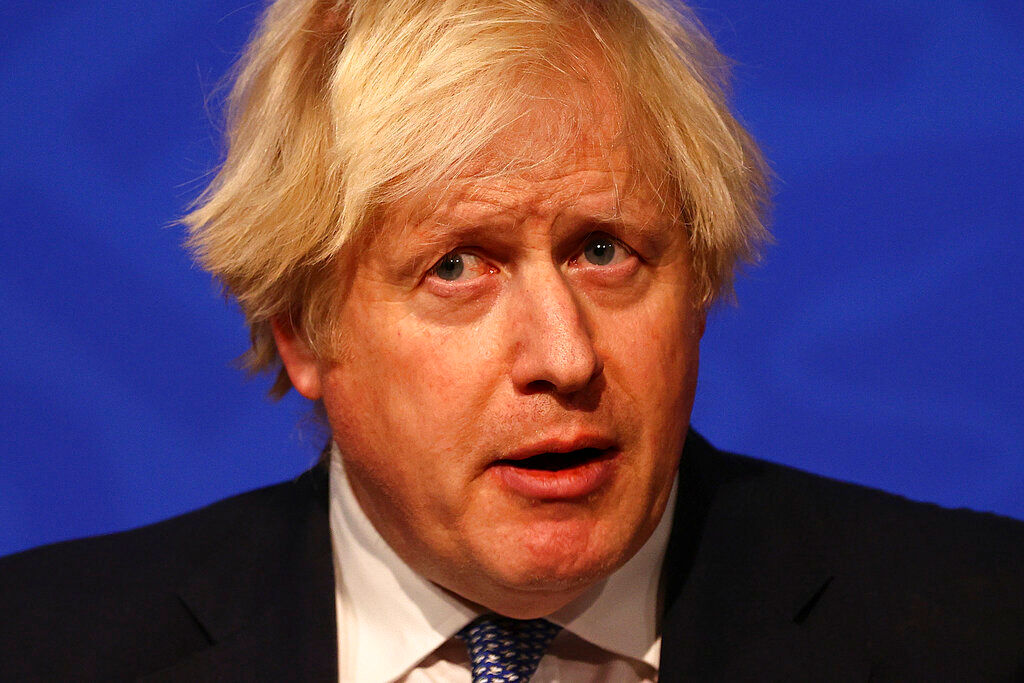UK Prime Minister Boris Johnson is seeing several top-level resignations over Downing Street’s handling of Chris Pincher’s resignation. With health and finance ministers Sajid Javid and Rishi Sunak stepping down, along with solicitor general Alex Chalk, the pressure is mounting on the embattled PM who survived one no-confidence motion.
Johnson is unlikely to resign, but the Conservative party is evidently dissatisfied with the leadership and could trigger another no-confidence vote forgoing the usual year-long duration before another no-confidence motion.
Triggering the no-confidence vote
The no-confidence vote can be triggered by 15% of Conservative MPs submitting a letter.
While 54 Tory MPs are needed, based on the current Commons composition, the number of letters can be more than what the public knows, since MPs don’t have to disclose whether they’ve turned in one.
Also Read | What UK PM Boris Johnson told resigning ministers Sajid Javid, Rishi Sunak
These letters secretly go to Sir Graham Brady, the veteran Tory MP who heads the 1922 Committee. Brady alone knows how many letters he’s received.
However, seeing as Johnson had 148 Tory MPs voting against him, and 211 in favour, there’s little doubt another no-confidence motion could be triggered if the Tories decide to go down that path.
What happens if Johnson survives the vote
If Johnson survives a second no-confidence vote, he’d continue as the PM.
What happens if Johnson loses the vote
If Johnson loses the no-confidence vote there’ll be a leadership contest, and while Johnson can’t run for the leadership position, he’ll remain in power till the successor is chosen.
How leadership election works
The Conservative party has a two-part leadership election.
In the first stage, voting takes place in a series of rounds as Tory MPs bring down the list of candidates to a final two. Then they go to a vote of Tory members.
Also Read | Chris Pincher resignation: The 2017 Alex Story accusations
Whoever is the new leader has until January 2025 after which they have to call for a new general election.







